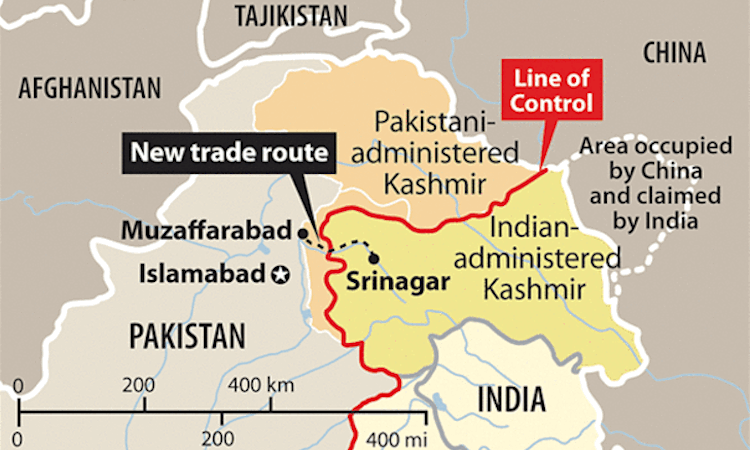This article is reproduced from Irish Republican News, with thanks.
*****
Eighty Afghans may have been victim of summary executions by three separate British SAS units operating in the country between 2010 and 2013, lawyers representing the bereaved families have told a public inquiry.
One of the elite soldiers is believed to have “personally killed” 35 Afghans on a single six-month tour of duty as part of a policy to wipe out “all fighting-age males” in homes raided, “regardless of the threat they posed”.
The fresh claims were cited in a document submitted by the law firm Leigh Day, based on previous Ministry of Defence court disclosures, to a new public inquiry into allegations of war crimes committed by SAS soldiers in Afghanistan.
It highlights concerns made by senior army officers in emails from the time, including a warning that “there appears to be a casual disregard for life”. But an internal review that took place in 2011 did not bring about a change in the pattern of killing.
Between June 2011 and May 2013, 25 suspicious deaths were recorded by the lawyers, which included an allegation that in one SAS raid that “resulted in the deaths of 4/5 Afghans” only one grenade was found. Two Afghan children “had to be urgently evacuated for medical treatment”.
So-called ‘elite’ British soldiers from the SAS routinely raided family compounds in search of Afghan fighters, often at nighttime.
The court was told of “at least 30 suspicious incidents which resulted in the deaths of more than 80 individuals” between 2010 and 2013, but until now there has been no independent public investigation of what happened.
Last December, ministers announced the creation of a statutory inquiry as the scandal grew. It had been previously estimated that there were 54 Afghan victims from a single SAS unit, but the lawyers now argue the allegations cover more British troops and a longer period than previously suggested, and “reveal credible evidence of a widespread and systematic pattern of unlawful extrajudicial killings”.
Full hearings are expected to start in the autumn, but according to a Guardian report there has already been a request from the British minister for defence to hold large parts of the inquiry in secret, without members of the press or public present.
It has already been the subject of several documentaries, reports and court hearings, and an order granting anonymity to all British armed forces personnel.











